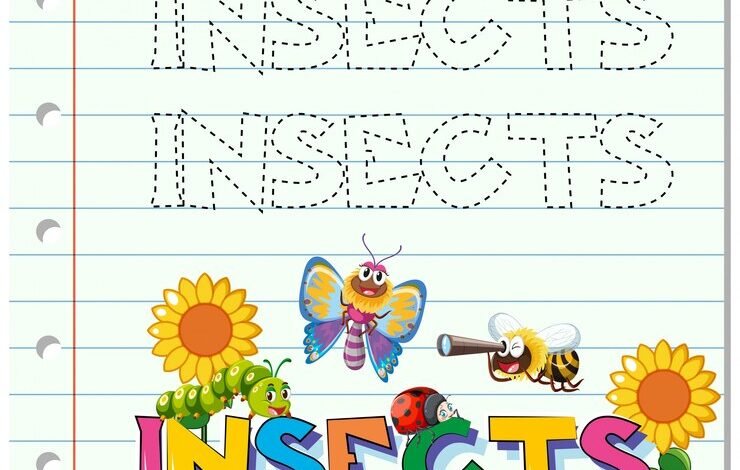Master the Art of Spelling Bees with These Expert Tips

Spelling bees have been captivating audiences since their inception in the 1800s. What started as a humble academic competition in classrooms has now become a global phenomenon, with events like the Scripps National Spelling Bee drawing millions of viewers. But beyond the buzz (pun intended), spelling bees are more than just a showcase of linguistic prowess—they’re a platform for personal growth, academic achievement, and lifelong skills.
Whether you’re a student preparing to take the mic, an educator coaching young spellers, or a parent encouraging your child, this post will guide you through the many benefits of spelling bees, how to prepare effectively, and the key strategies to ace the big day.
Why Spelling Bees Still Matter
The relevance of spelling bees transcends the academic setting. They instill discipline and foster a love for language that participants carry throughout their lives.
Spelling bees are not just about spelling complicated words like “synecdoche” or “plenipotentiary.” They offer much more than bragging rights or a trophy—they build foundations for future success. Here’s why these competitions are still so important today:
1. They Champion Language Arts
Spelling bees make language arts exciting and approachable, placing vocabulary improvement at the forefront.
2. They Build a Sense of Community
These events bring together students, educators, and parents, celebrating academic excellence as a group effort.
3. They Offer Visibility for Education
From local school programs to nationally televised competitions, spelling bees highlight the importance of academic achievement in an era dominated by technology.
Benefits of Participating in Spelling Bees
Why should students participate in a spelling bee? It turns out the benefits go far beyond the stage and into everyday life.
1. Improved Vocabulary and Language Skills
Spelling bees require competitors to learn thousands of new words, their roots, definitions, and pronunciations. This process inherently expands vocabulary, improves reading skills, and enhances writing abilities.
For example, understanding Greek and Latin roots can help students decode unfamiliar words in the future, a skill that proves invaluable across academic disciplines.
2. Confidence and Public Speaking Abilities
For many young participants, spelling bees are their first experience standing in front of an audience. Repeated practice on stage helps build self-assurance, paving the way for stronger public speaking and presentation skills later in life.
3. Academic and Professional Success Stories
It’s no surprise that successful spelling bee alumni often excel academically and professionally. Nupur Lala, the 1999 Scripps champion, went on to feature in the acclaimed documentary Spellbound and later pursued a career in medicine. The discipline learned in preparation for spelling bees often echoes throughout life.
How to Prepare for a Spelling Bee
Preparation is key to excelling in any spelling bee. Here’s how to get started on the right foot.
1. Effective Study Techniques
- Break It Down: Reduce the fear of daunting word lists by studying in smaller sections over time.
- Flashcards: Create a personalized deck for practicing tough words regularly.
- Say It Out Loud: Audibly spelling words helps with memorization by engaging multiple senses.
2. Leverage Online Resources and Apps
Explore platforms like Spelling Bee Ninja or Quizlet to enhance your study sessions. These tools turn learning into a game, keeping students engaged and interested.
3. Learn From the Best
Study tips from past winners often reveal golden nuggets of advice. For instance, many champion spellers emphasize the importance of mastering word roots and etymology, which can turn seemingly complex words into manageable puzzles.
Common Mistakes to Avoid
Even the most diligent students are prone to pitfalls. Here’s what to steer clear of when preparing for a spelling bee.
1. Procrastination and Poor Time Management
Waiting until the last minute to cram often leads to subpar performance. Set a realistic schedule and stick to it.
2. Overlooking the Importance of Roots
Skipping over etymology or language patterns can leave participants at a disadvantage for unfamiliar words.
3. Forgetting Realistic Practice
Practice as if it’s the real competition. Simulate the experience of spelling in front of a panel and an audience.
The Day of the Spelling Bee
The big day is here! Here’s how to remain calm, collected, and confident.
1. Stay Calm and Focused
Nerves are natural, but grounding exercises like deep breathing can help manage them.
2. Ask the Right Questions
Don’t hesitate to ask for word origins, alternate pronunciations, or definitions during your turn. This can provide critical context clues.
3. Practice Good Sportsmanship
One of the invaluable lessons of spelling bees is learning to win—and lose—with grace. Cheer on fellow participants and celebrate collective success.
A Final Word to Aspiring Spelling Bee Participants
Participating in a spelling bee is an incredible achievement already. Whether you take home the trophy or not, the skills you gain during preparation and competition will serve you far beyond the boundaries of the event.
If you’re ready to take your skills even further, check out our curated list of spelling bee resources (link) or join the conversation by sharing your tips and experiences in the comments below!
And remember—every great champion starts as a beginner. You’ve got this!



